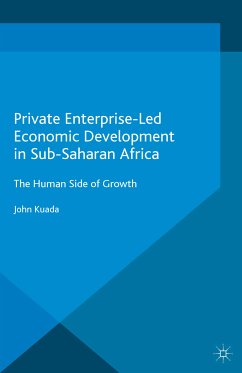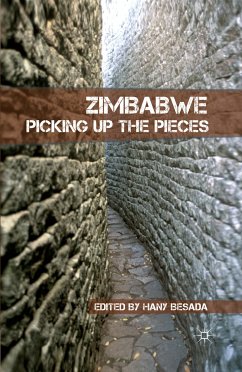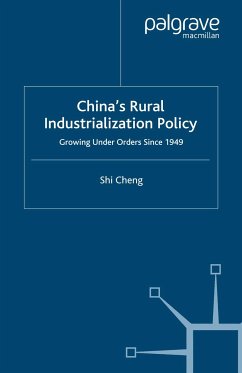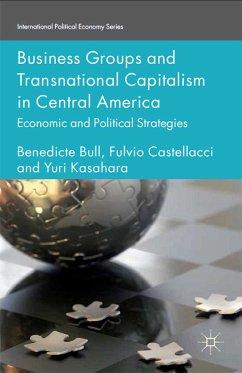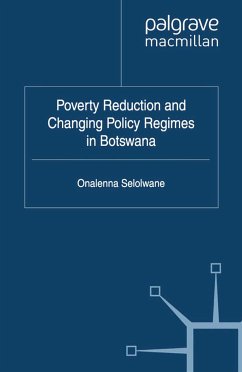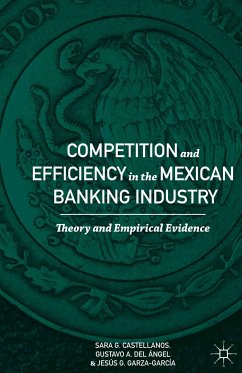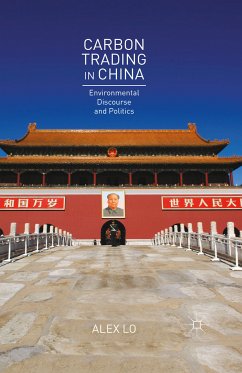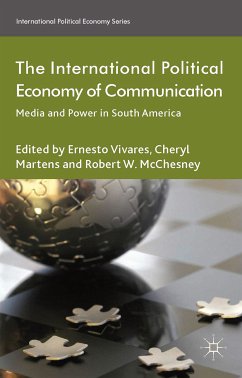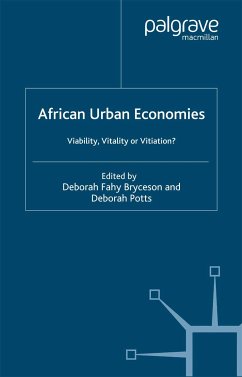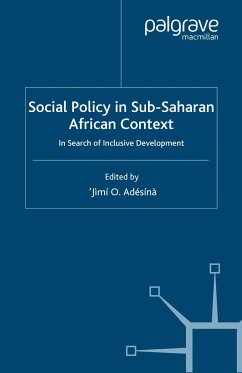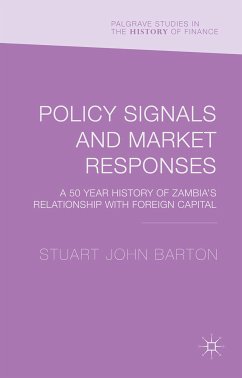
Policy Signals and Market Responses (eBook, PDF)
A 50 Year History of Zambia's Relationship with Foreign Capital
Versandkostenfrei!
Sofort per Download lieferbar
80,95 €
inkl. MwSt.
Weitere Ausgaben:

PAYBACK Punkte
40 °P sammeln!
The study presents archival evidence to show how President Kaunda raised political and economic exclusivity in Zambia in the early years of Zambia's independence, and how this retarded capital investment. Despite formal reforms and a new government, this institutional mechanism still dominates and constrains Zambia's political economy today.
Dieser Download kann aus rechtlichen Gründen nur mit Rechnungsadresse in A, B, BG, CY, CZ, D, DK, EW, E, FIN, F, GR, HR, H, IRL, I, LT, L, LR, M, NL, PL, P, R, S, SLO, SK ausgeliefert werden.



